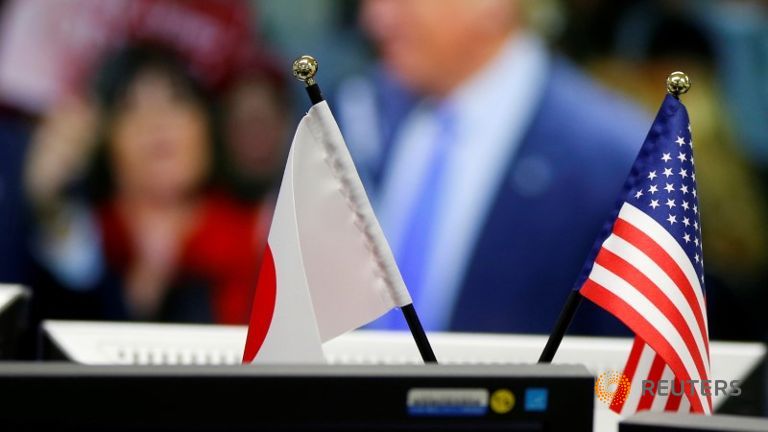BEIJING, (MILLAT+APP/AFP) – President-elect Donald
Trump’s vague and ambiguous foreign policy positions have cast a pall of uncertainty over whether American influence will decline in Asia, or if it will remain a force to be reckoned with, analysts say.
The real estate tycoon-turned-politician frequently savaged China on
the campaign trail, even calling it America’s “enemy” and pledging to stand up to a country he says views the US as a pushover.
But he has also indicated he is not interested in getting involved in
far-off squabbles, saying America is sick of paying to defend allies like Japan and South Korea, even suggesting they should develop their own nuclear weapons.
“Trump could play the isolationist card and strike a deal with China
to share regional influence,” said Ashley Townshend of the United States Studies Centre at the University of Sydney.
“But he might equally decide to adopt a firm military stance on a
country he thinks regards America as weak.”
Trump has offered no clear prescriptions for the geopolitical issues
that plague the relationship between Washington and Beijing, from Beijing’s territorial claims in the South China Sea to North Korea’s nuclear programme and the future of Taiwan.
“At this juncture, governments around the world cannot depend on any
particular set of US policies, since Trump’s sometimes flip foreign policy
statements were often contradictory,” said Graham Webster, a US-China expert at Yale Law School.
In recent months, despite President Barack Obama’s foreign policy
“pivot” to Asia the US has seen some of its regional allies begin to drift into Beijing’s sphere of influence — attracted by the economic appeal of the neighbourhood’s biggest player.
Newly elected Philippines President Rodrigo Duterte cosied up to
China during a trip to the country last month, and has threatened to sever military relations with Washington.
Malaysia, too, has seemingly begun to eye improving relations with
the world’s second-largest economy.
The prospect of an isolationist US under President Trump could
quicken that trickle as the developing countries of Southeast Asia see Beijing — with its fiscal largesse and huge consumer base — as a better bet than a protectionist US.
Meanwhile, Trump’s assertions that he will require Japan and South
Korea to pay more for US defence assistance has led those countries, too, to worry about how the new presidency may reshape long-established relationships, said Rory Medcalf, head of the national security college at the Australian National University.
“Middle powers in Asia, like Australia, need to hedge against two
problems now. One is Chinese power and the other is American unpredictability,” he said.
But alongside the “America First” rhetoric of the campaign trail that
seemed to signal a withdrawal from the world order, Trump has blustered that
under him the US will once again be feared and respected by enemies and allies alike.
He has promised to increase US military strength — boosting the navy to 350 ships — and has spoken admiringly of the strongman politics of Russian President Vladimir Putin.
International News
Trump win casts pall of uncertainty over Asia
